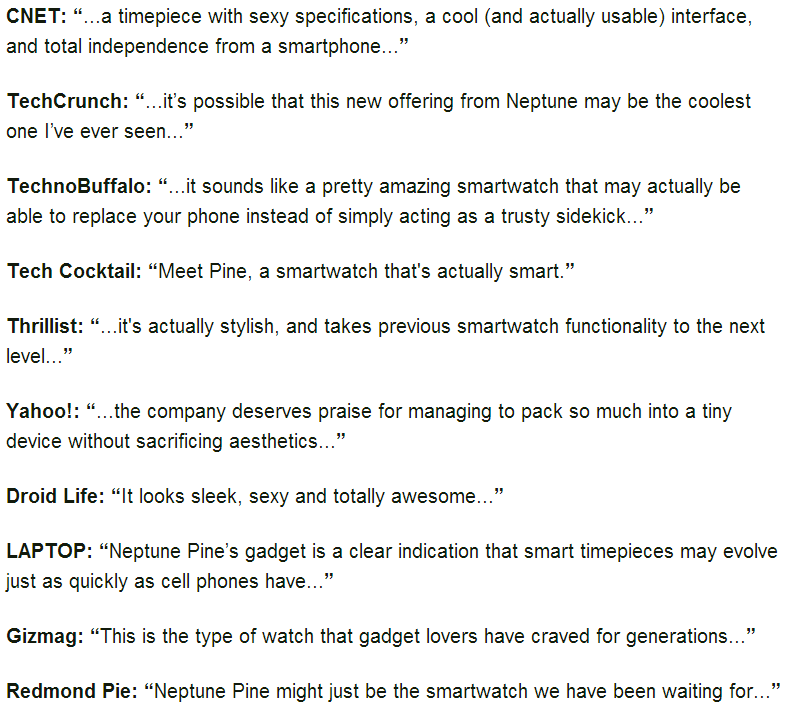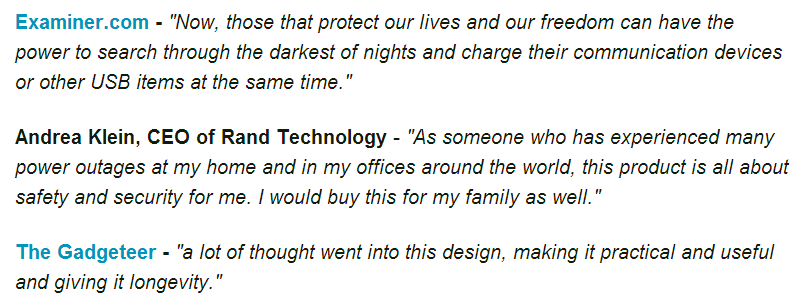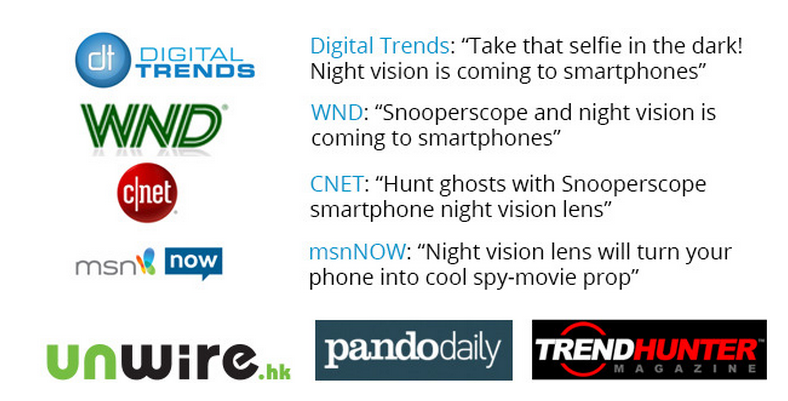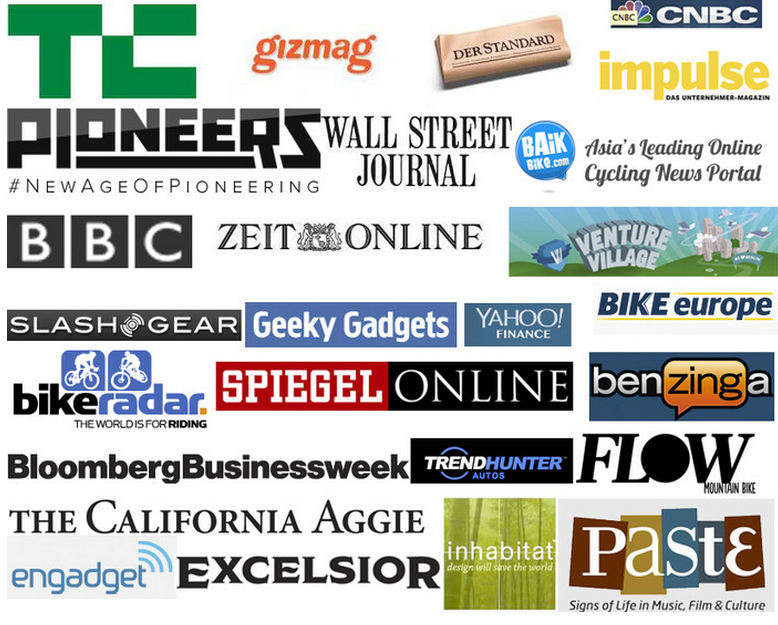Building an audience is hard. Our blog has been slowly gaining traction thanks to our efforts through social media sites like reddit, but a real explosion of traffic can only result from our readers taking it upon themselves to read our content and share it with their friends.
Fortunately, our content is free to access, so everyone who chooses to “talk it up” has already had an opportunity to review it thoroughly and evaluate it for themselves for free. This isn’t always the case. Movies, music, electronics, and books all cost money to access, so smart consumers turn to product reviews to gather information before they whip out their wallets. Savvy producers even show off good reviews as a way to build credibility for their product. You can’t watch a car advertisement without hearing something about J.D. Power and Associates or Consumer Reports, and the back cover of just about every best seller is littered with quotes from various critics.
So what happens when you’re selling a product that doesn’t exist yet? Nobody can buy the product to review it, and you can’t even send out pre-release units to journalists. What do you advertise? As it turns out, the solution is often to just quote people who summarize your words.
There are a ton of Kickstarter project pages that are littered with quotes from various journalists. Here are a few examples:
Snooperscope nightvision camera:
Sometimes they don’t even bother with the quotes. Here’s an example from the Lock8 bike lock:
I’m assuming that as potential project backers, we’re supposed to think that these projects have some level of legitimacy simply because a bunch of tech journalists have written about them. What exactly are they saying though? We’ve seen some quotes taken entirely out of context, but even in context, what do they add?
Let’s take a look at the Neptune Pine smartwatch example:
- CNET‘s is from an article titled “Neptune Pine smartwatch excites, but only in theory” (emphasis mine)
- TechCrunch summarizes what’s already presented in the Kickstarter description.
- TechnoBuffalo provides a 172 word summary of the Kickstarter description and even adds “we hadn’t heard of the wearable device until earlier today”
- Tech Cocktail actually adds a brief two-question interview with the project creator during which he reiterates that the watch is the “first of its kind”.
- Thrillist has a 93 word summary of the project description and two pictures.
- Yahoo’s coverage is the most thorough with multiple exclusive direct quotes from the project creator, but there is no opinion or analysis added by the author, so it’s basically just an extension of the project description.
- Droid Life reminds us that the product is indeed now available for backing on Kickstarter.
- Laptop gives us another short summary where the only original thought is that this watch offers many more features than the Pebble.
- Gizmag adds some insight from market research firm as well as this: “Of course, given that Neptune was founded last year, the Pine is its first product and all it has to show so far are some renderings, there’s a list of questions surrounding the future of the watch”
- Redmond Pie gives us another summary of the project page adding only “And boy does it pack a punch.” and “The actual aesthetics of the device may not be to everyone’s tastes” as far as opinion go.
So of the 10 quotes on their page, only two of them come from articles that have any information that wasn’t already available on the project description page, and several specifically point out exactly how little they actually know about the product. Any outside information not taken from the project description is quoted directly from the project creator. Many of these news outlets are providing a service to their readers simply by telling them about a project that might interest them. A brief summary and perhaps a few words of opinion is all these people are looking for as they enjoy their coffee and donut in the morning.
These summaries are not product reviews. A product review for a smartwatch from Kickstarter looks like this. It has a bunch of original pictures and first-hand information making it clear that the author has physically used the device. Most importantly, it includes quotes such as this:
With that black-and-white E-Paper screen, you’d expect some truly excellent battery life; instead, the Pebble’s rated for “two to seven days” of use between charges. In my experience over a week of use, I found it closer to two than seven.
Here you have a reviewer evaluating how the product actually performs in the real world and comparing its performance to the claims made by the project creators. This is precisely the kind of information that someone looking to buy the product needs to know, and it came from an unbiased third party and not the product creator.
This is the kind of quote that should show up in advertisements (well…maybe a slightly more positive one). You don’t see movie ads quoting people talking about the trailer, so why do Kickstarter campaigns show quotes from people who have only read their press release?
Some of these quotes comment on aesthetics which can be evaluated from just a few images, and if you don’t know what an “actually stylish” watch looks like, they can provide some useful information. For the most part though, I have to believe that including quotes like “This is the type of watch gadget lovers have craved for generations” is really an attempt to add credibility to the claims made in the product description by simulating a product review from an unbiased third party.
If it is intentional deception, it’s pretty good. The Zendure product page shows a quote from an actual product review right below a quote from a press release summary:
And many other examples don’t provide links which makes it very difficult to evaluate the quotes’ context.
But I think it goes a little deeper than that.
There is a phenomenon that happens on the internet where writers will sometimes promote a popular product as an attempt to gain more traffic themselves. We see spam comments on this blog all the time saying something like “Great blog. I really enjoyed reading it” written by someone with the username “cheaprolexwatches.com” or something to that effect. One crafty software dev managed to get 16 software awards for submitting a text document renamed as an .exe to a freeware download site. The hope is that the developer will post these award badges on his website and drive traffic back to the people issuing the bogus awards.
In some cases, I really think that’s happening on Kickstarter. The Zero Hour flashlight shown above has a quote from a “review” on Examiner.com. The page contains only a four paragraph summary of a press release, but in order to read it, you need to sit through this:
Sometimes loading the page showed a full-page ad and then the video.
As long as you say something nice (even just one thing), many fledgling Kickstarter campaigns will happily show off what you’ve said and drive ad-watching eyeballs back to your site. If you don’t get a direct link, you at least get your blog’s logo included in a logo-collage that will be seen by thousands of tech fans who are following the latest Kickstarter buzz.
Whether a Kickstarter creator is participating in some kind of cross promotional conspiracy or just excited to get some attention from the press, I think it’s clear that potential backers need to be better informed about where exactly these quotes are coming from. If a journalist has not physically used the product himself, nothing he says is any indication of how the final product will actually perform (yes, I detect the irony of this statement).
I think the best way to summarize the importance of the distinction between a proper product review and a press release summary is with the last sentence from CNET’s Pebble review:
Final impression for now: clever, but not as amazing as its Kickstarter sales pitch.








2 thumbs up!
best post of the year.
Can’t miss experience.
You can pay for the whole page, but you’ll only need the edge (with badge)
Rather sadly, there has been such a drive in using these tactics (not just onKS, it’s just the latest place) that I find myself so cynical towards them that I don’t see them anymore which then detracts from the ones that have genuinely been tested by someone else.
The dead giveaways tend to be when you go read a KS campaign having read an article (which is along the lines of “this sounds cool if it works”, i.e. nothing useful) and then see that website’s logo on the KS page (knowing it’s a ‘fake’).
I guess if you take the logos (and even the snippet quotes) to be little more than a “we’ve been mentioned by this media/group” and no more then you’d be fairly safe.
Hi, thank you for writing this 🙂
torsemide generic
buy anti buse
augmentin online
synthroid
bupropion online